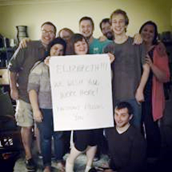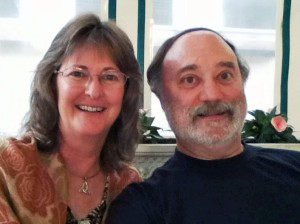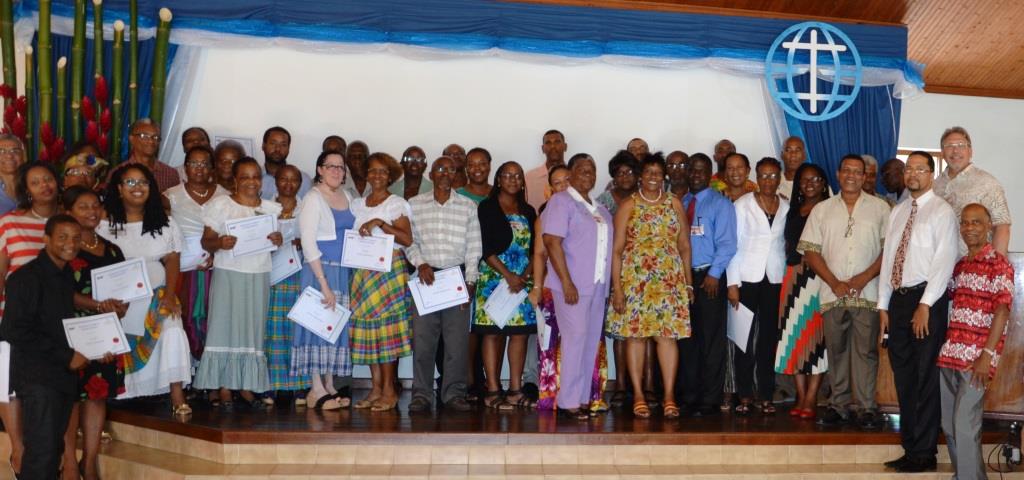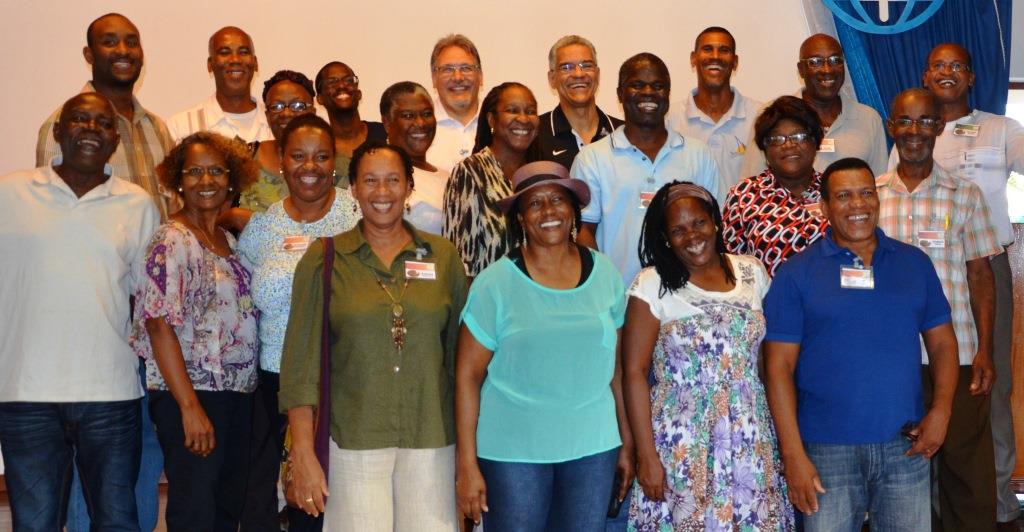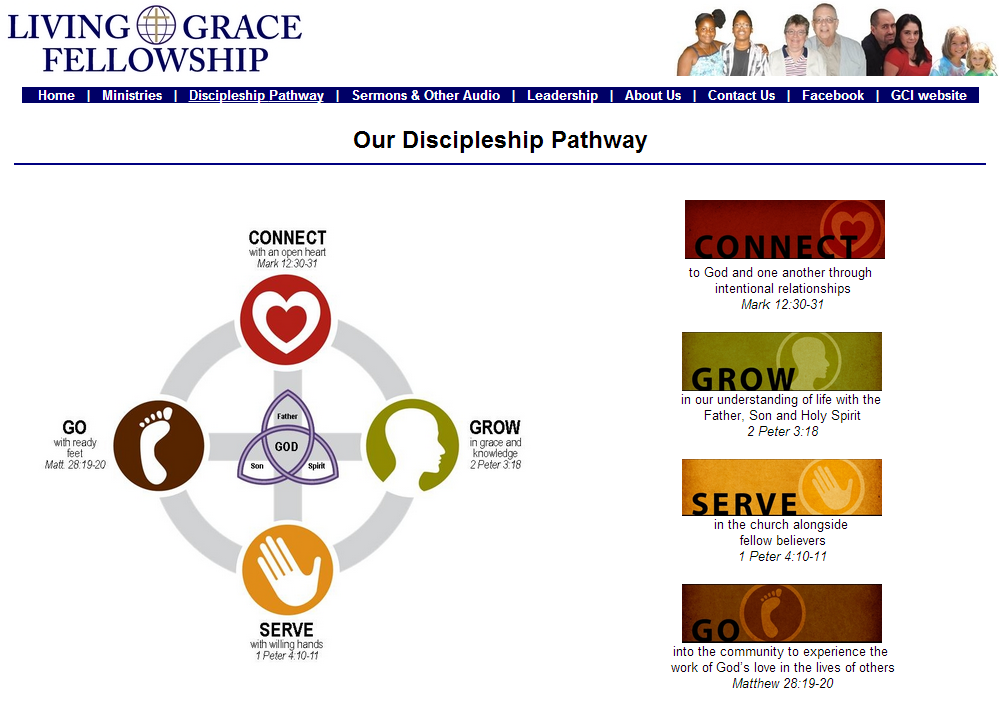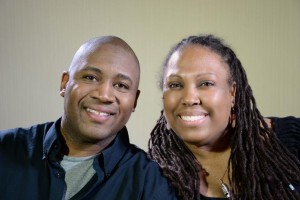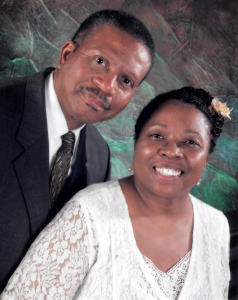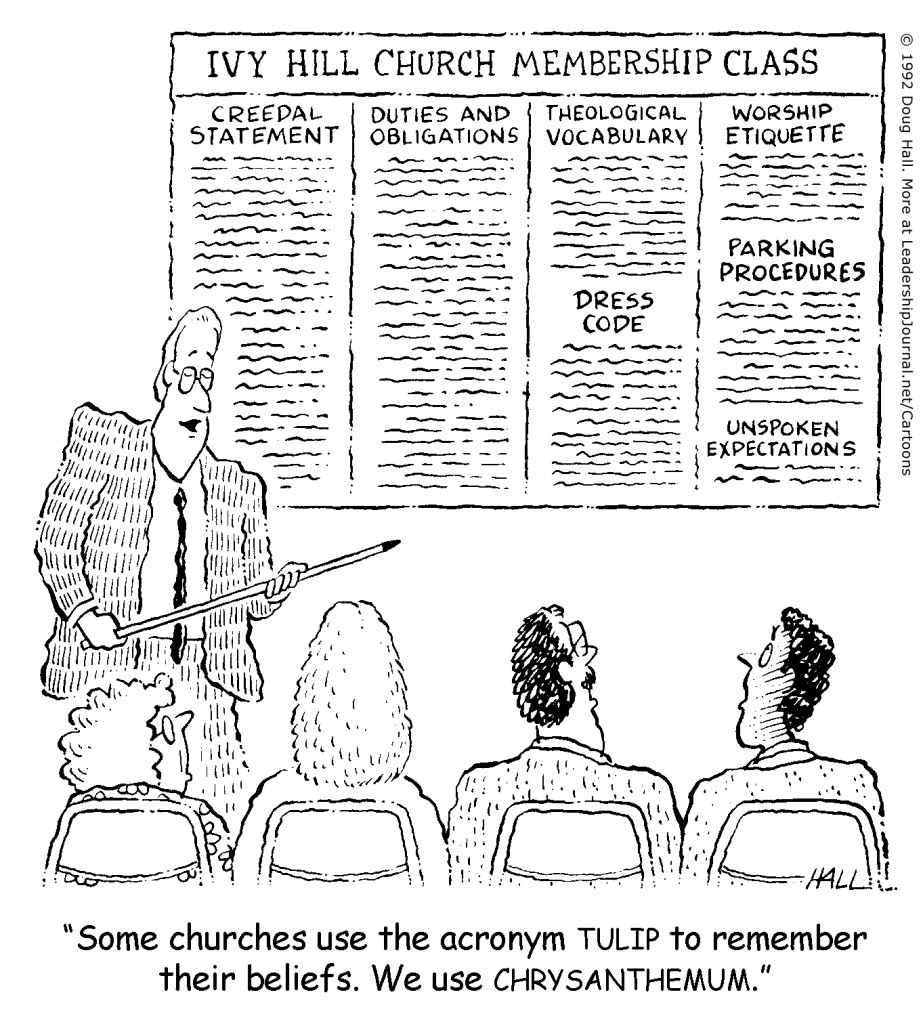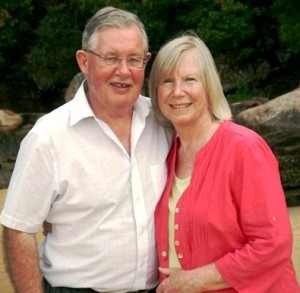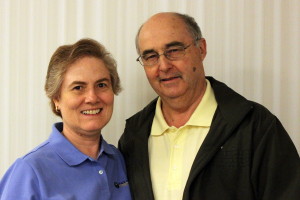
Neil Earle, pastor of New Covenant Fellowship, our GCI congregation in Glendora, California, was born and raised in Newfoundland, Canada. “I heard The World Tomorrow broadcast in June 1965 while still a teenager and was immediately and powerfully hooked. I’d been an altar boy/choir boy in our local historic Anglican Church and had a good grounding overall but here were people saying the Bible was up-to-date in the space age and saying it very well. I experienced a very powerful sense of calling.”
Neil was attending university at the time of his Radio Church of God encounter. “Six of us university types met Dean Wilson on a baptizing tour in 1967 and from then on it seemed fated that four of us should head to Ambassador College. I was surprised to be sent to Bricket Wood, England but looking back I had so many rare opportunities there.”
At the time, Neil was also working as a substitute teacher for the Moravian Mission schools system in Makkovik, Labrador. “I later learned how big a part they played in the evangelical revival of the 1700s. They asked me to be principal of their Eskimo/Settler School further north in Nain, but I was accepted for Ambassador by then.”
One of Neil’s “opportunities” from Bricket Wood was meeting his future wife. “I met Susan, who was attending in Big Sandy, on the Israel Big Dig in 1970—there’s a life highlight right there, if not THE highlight—Susan is my best friend, we’ve been married now for 42 years.”
After graduation from Ambassador in 1972, Neil and Susan were sent to work in Regina, Saskatchewan. “We went through the normal training under some fine men and women. I was ordained along with Bernie Schnippert in October 1973 in the big tent at Penticton, British Columbia—a festival site Canada still sponsors.”
Neil and Susan served in Canada for 21 years, part of “a gung-ho team of ministers.” From there they moved to Pasadena, California. “We were invited (compelled?) to work in Editorial Services as International Editor from 1993 to 1996. Financial pressures of the time led me back to the field on a ‘temporary basis—filling in for about two weeks (they said) at the wonderful Glendora, California church, which had had four pastors in three years. That two weeks led to a 17-year stint so far. As Mr. Tkach Sr. used to say, ‘Life is strange with its twists and turns.’”
Neil refers to Susan’s role in ministry as “essential.” “Susan is the registrar at Grace Communion Seminary, so anyone who’s passed through the system knows how kind and patient and capable she is. People remark how we complement each other over the decades and I’d be the first to agree.” We both play senior softball once a week and get to as many Angels games as we can. I’m also trying to finish a book on the history of hockey.”
When asked what he enjoys most about being a pastor, Neil said, “Seeing the Spirit at work in people. We’ve noticed a lot of that in Glendora lately and as I travel around. I appreciate women doing so well as worship leaders, budget assistants and sermon-givers; people bearing fruits that lead to ordination; the responses on people’s faces when they ‘get it’ during a sermon.”
Neil says there are many memorable moments from his many years pastoring churches. “Lately there was an incident on Facebook where a disgruntled ex-member was beating up on me verbally and by the grace of God several people I never really knew came to my defense. That made me feel Christ had been guiding me overall the last 42 years.”
About GCI, Neil said he appreciates “the openness to the rest of the Body of Christ and true Christian doctrine. Being a studious type I like the fact that GCI president Joseph Tkach and his leadership team are so open to us pastors being able to explore the ‘unserachable riches of Christ.’ I love how we are reconnecting to the mainstream in that way. I was even invited to give two seminars to my local Anglican Church about our transition. Very rewarding, like closing the circle.”
Neil’s passions include writing and history. “I enjoy writing—both inside and outside GCI—as a method of trying to connect the gospel/biblical message with what’s going on today. That’s always been one of our strengths as an organization and we have learned to do it better. I teach Church History for GCS and am always amazed at the intelligence and capability of our field ministers—how quickly they “get things.”
When asked when he feels closest to God, Neil responded, “When I go to my prayer room and pray with a Bible open in front of me for a great two-way chat, me mostly listening.”


